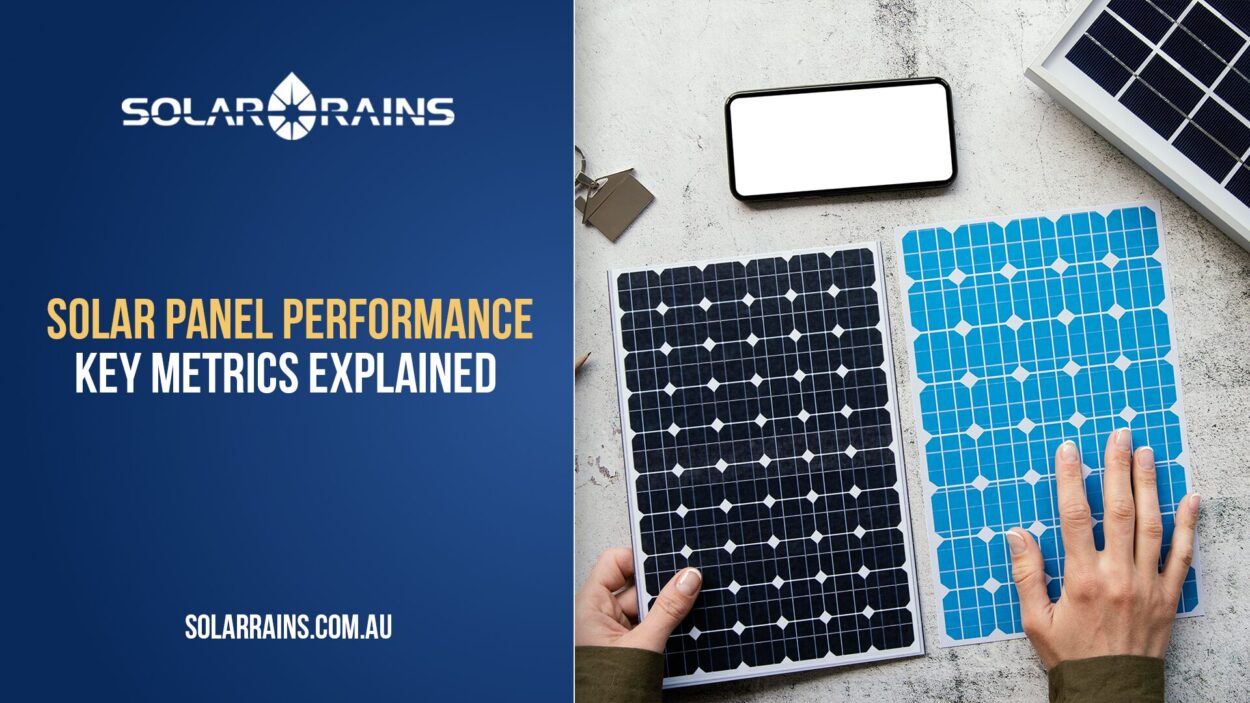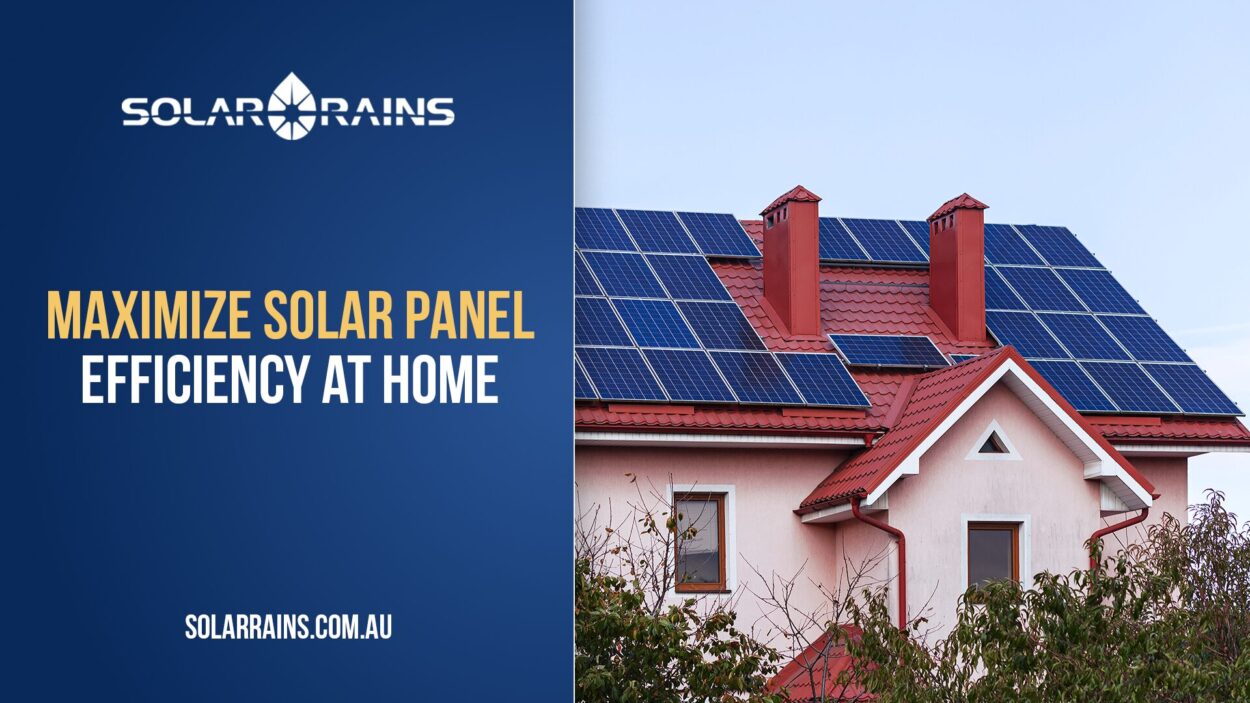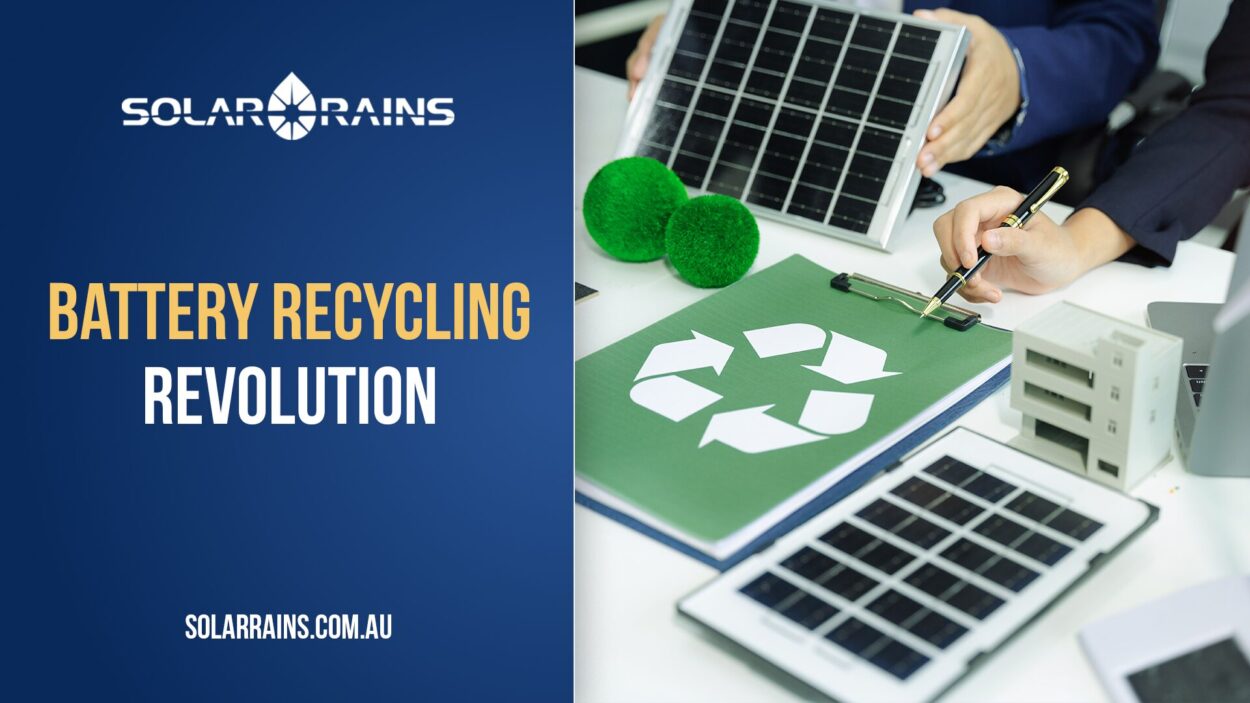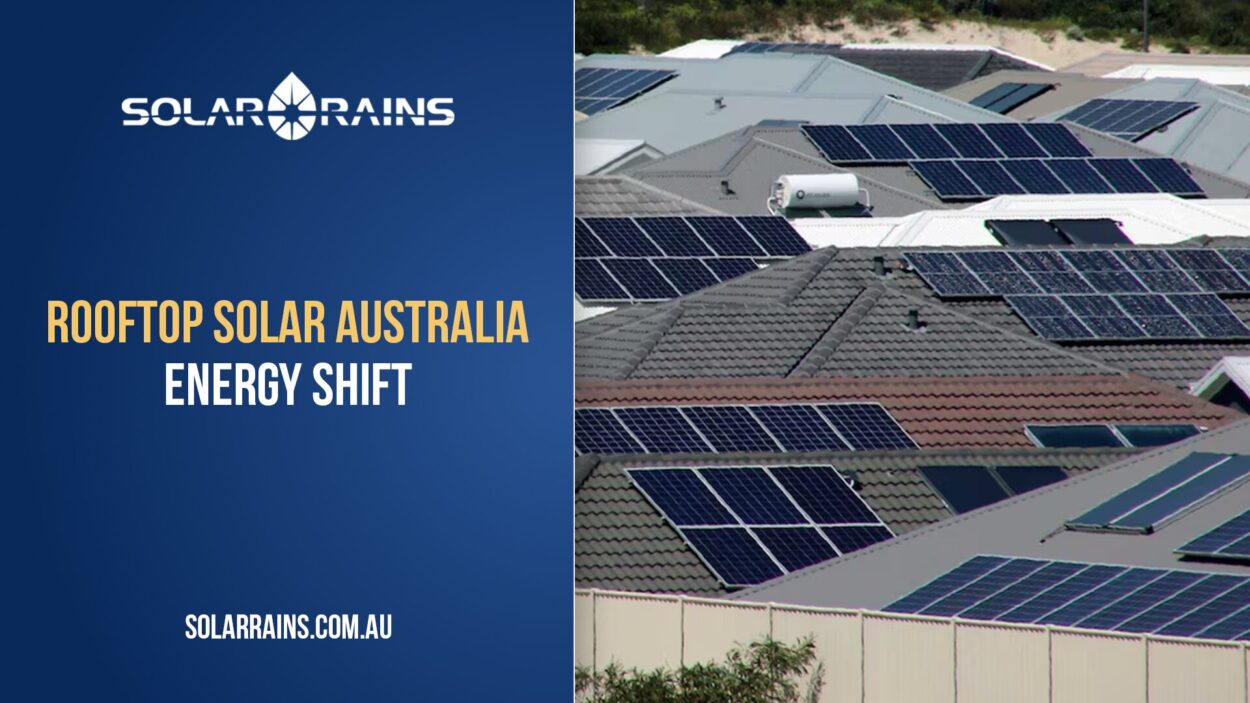Timing is Everything in Solar Savings
Australia’s transition to renewable energy is accelerating, with solar battery adoption becoming increasingly common in both households and small businesses. But while installing a solar battery is a smart first step, how you manage energy usage matters just as much. One of the most underrated tactics for maximising your solar return on investment (ROI) is using appliance timers.
At Solar Rains, we help customers not only source quality solar products, but also understand how to use them efficiently. This article explains how a simple timer can optimise your solar battery usage and why it’s especially important in Australia’s current energy environment.
Why Timing Matters with a Solar Battery
A solar battery stores the excess energy your solar panels generate during the day. This stored energy can be used at night or during peak electricity rate periods. However, if you’re using high-energy appliances when your solar system isn’t producing or when the battery is low, you’ll draw from the grid often at higher costs.
This is where timers shine. By setting appliances to run during peak solar production or battery charge windows, you reduce grid reliance, improve battery lifespan, and increase self-consumption of your own solar energy.
What Appliances Work Best with Timers?
Not all appliances are ideal for scheduled use, but many are perfect candidates. Below are common examples:
1. Washing Machines & Dryers
Set to run during midday when solar generation peaks. Great for households working during the day.
2. Dishwashers
A classic overnight appliance, switch it to daytime with a timer and you’ll use your own solar rather than grid power.
3. Pool Pumps & Filters
Usually run daily for several hours. Schedule between 10 a.m. and 3 p.m. to reduce battery drain and grid use.
4. Hot Water Systems
Use timers to ensure heating occurs during solar production hours. Especially helpful if you have electric hot water.
5. EV Chargers
If your battery system supports it, delay EV charging to midday. Bonus if your solar inverter supports smart EV scheduling.
The Benefits: Why It Pays Off
1. Lower Power Bills
By reducing your grid energy draw, especially during peak times, you slash electricity bills. Every kWh consumed from your own battery is cheaper than from your energy retailer.
2. Maximised Battery Value
Solar batteries aren’t cheap. Smart load management via timers increases your solar self-consumption, giving you better return on your battery investment.
3. Extended Battery Lifespan
Avoiding deep discharges and unnecessary grid dependence preserves battery health over time.
4. Energy Independence
Timers help you rely more on your own energy generation and storage, giving greater independence from electricity price hikes.
Best Timer Types for Solar-Optimised Usage
| Timer Type | Description | Best For |
| Plug-in Timers | Cheap, easy to use. Manual or digital options. | Appliances with a plug (e.g., dishwasher, dryer) |
| Smart Plugs | Wi-Fi enabled, controlled via phone apps. | Remote control, scheduling, monitoring usage |
| Inverter Timers | Integrated into hybrid inverter or energy management systems. | High-end automation & battery integration |
| Circuit Timers | Installed on the switchboard. | Dedicated to pool systems, hot water units |
Tip: Choose timers with a daily and weekly schedule feature to avoid manual resets.
Integration with Hybrid Systems
If you’re using a hybrid solar system, appliance scheduling becomes even more powerful. Hybrid inverters often include built-in energy management systems (EMS) or support for third-party smart home platforms. These let you:
- Schedule appliances based on battery charge level
- Prioritise critical vs non-critical loads
- Automate load shifting between solar, battery, and grid
Brands such as Deye and Swatten offer hybrid inverters compatible with smart load management, ideal for those serious about automation.
Practical Tips for Australian Homes & SMEs
Review Your Energy Usage
Use your electricity bill or smart meter data to identify the highest consumption appliances and times.
Set Your Timer for Solar Noon
In most of Australia, peak solar production occurs between 10 a.m. and 3 p.m. Schedule devices accordingly.
Avoid Running Everything at Once
Stagger appliance usage to prevent battery drain and inverter overload.
Match Timer Settings with Battery Specs
Some batteries (especially LFP models) perform best when maintained within certain charge ranges. Avoid complete discharge by spreading loads wisely.
Use Your Inverter App
Most modern hybrid inverters offer mobile apps showing real-time solar production and battery status, ideal for refining your timer schedule.
FAQs: Timers & Solar Battery Use
No. Basic plug-in or smart plug timers work well for most household appliances. Smart systems offer more automation but aren’t essential.
Not if used correctly. Avoid overloading circuits or discharging the battery completely. Use compatible timers rated for your appliance wattage.
That’s exactly why timers are helpful! Schedule appliances to run automatically during peak solar hours, even if you’re out.
Yes. Even without a battery, timers can align usage with daytime solar generation to reduce export and boost self-consumption.
Not at all. Basic mechanical timers start under $15. Smart Wi-Fi plugs typically cost $30–$50 and offer more features.
No. While hybrid inverters enhance energy control, simple timers can be used with any solar system and standard AC appliances.
Conclusion: Small Device, Big Impact
The solar battery is only half the story. What truly makes your solar system efficient is how you use your stored energy. Timers are simple, inexpensive tools that empower you to shift energy usage to solar-rich periods, reduce electricity bills, and maximize the value of your solar investment.
At Solar Rains, we believe in smart solutions, both high-tech and low-tech that make solar more accessible and rewarding. Whether you’re a homeowner, small business, or installer, using appliance timers is one of the easiest upgrades you can make.
Need help choosing solar-compatible batteries, inverters, or accessories? Visit solarrains.com.au or speak with our experts for personalised guidance.










